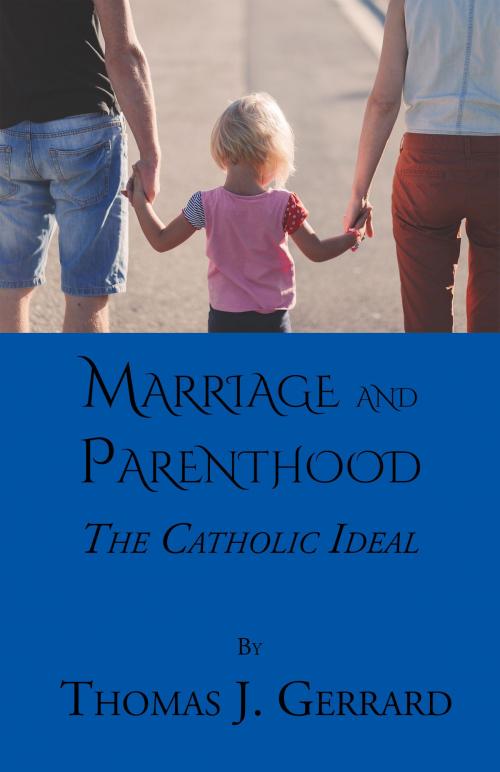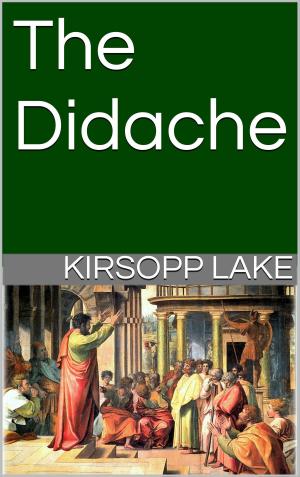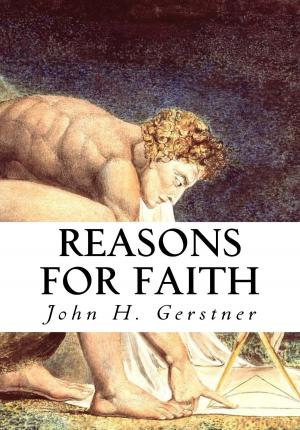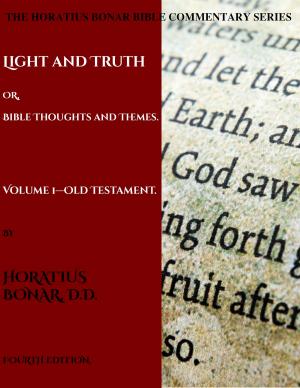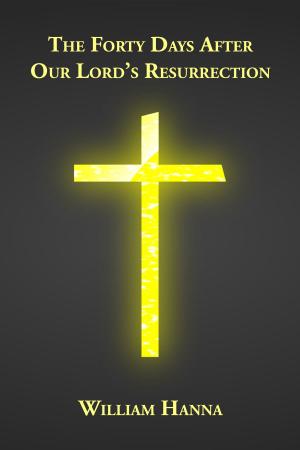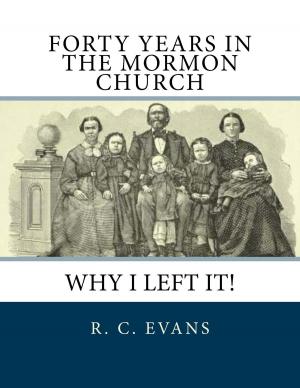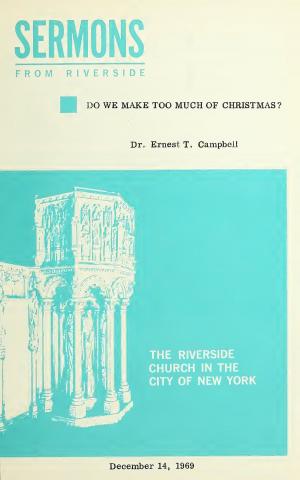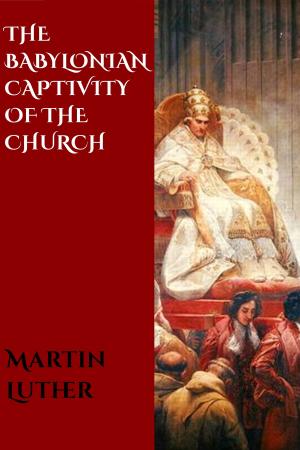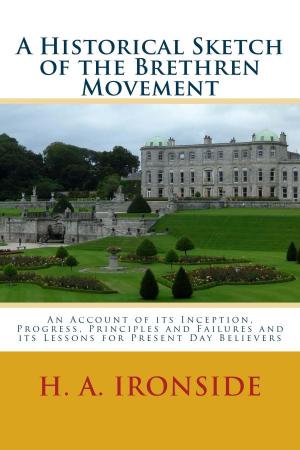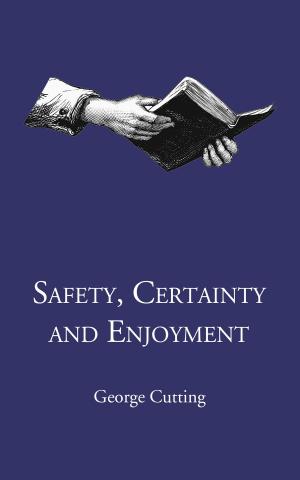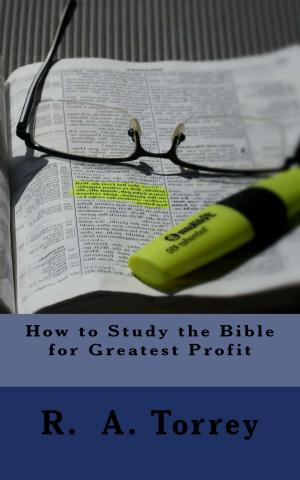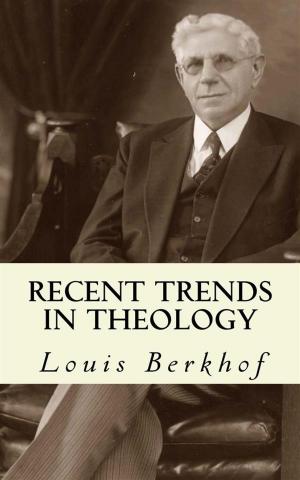Marriage and Parenthood
The Catholic Ideal
Nonfiction, Family & Relationships, Relationships, Marriage, Parenting, Religion & Spirituality, Christianity, Christian Life| Author: | Thomas J. Gerrard | ISBN: | 1230001930030 |
| Publisher: | CrossReach Publications | Publication: | September 24, 2017 |
| Imprint: | Language: | English |
| Author: | Thomas J. Gerrard |
| ISBN: | 1230001930030 |
| Publisher: | CrossReach Publications |
| Publication: | September 24, 2017 |
| Imprint: | |
| Language: | English |
A man thinks he is very clever if he can make an aëroplane. Thousands of other men think he is a genius if he can fly over the Alps, even though at the end of the journey he break his neck. But these are paltry trifles compared with the work of training a soul for the kingdom of God. Such a task needs the genius of the Catholic Church.
Amongst her many helps for this purpose not the least important is the Sacrament of marriage. The ideal which she holds before the world and the power which she gives for the realizing of such ideal stand out as the chief hope for the salvation of modern society. On every side we see influences at work which tend to break up the family and consequently to break up society. The increase of divorce, the falling off in the birthrate, the spread of the white slave traffic,—these are a few of the more obvious symptoms which follow upon a low ideal of the marriage bond.
That there is something wrong is admitted on all hands, as is proved by the attempts to mend matters. The Divorce Commission at present sitting in London is an evidence of such unrest. The formation of the Eugenics Education Society is another. In these movements, however, the Catholic student detects a lack of the knowledge of foundation principles. Most of the remedies proposed are a tinkering with the symptom rather than a treatment of the root cause.
Here and there, however, the value of the Catholic ideal asserts itself. Thus, for instance, in the evidence before the Divorce Commission, Sir John Bigham, then President of the Divorce Court, said: “My experience shows me that members of the Roman Catholic Church seldom come to our court, and I attribute that fact to the great influence of their priesthood, and to the respect which is inculcated amongst Roman Catholics for the marriage vow.”
Another witness, Dr. Glynn Whittle, of Liverpool, bore magnificent testimony to the fidelity of the Catholic poor. Speaking as he did in favor of divorce, there was a double weight in his words. He said he had questioned countless poor women, victims of habitual cruelty, as to whether they would avail themselves of divorce if they could get it. The answers had been most impressive. Protestants said “Yes”; Roman Catholics said “No.” He could not recall a single Protestant exception.
What is the cause of this grand steadfastness amongst Catholics and of weak changeableness amongst their Protestant neighbors? A member of the Council of the Eugenics Society shall make answer. Writing in a London journal he says: “Marriage, like other natural and necessary relations, is sacred. Only in Catholicism is it a Sacrament; in scientific sociology the term is meaningless.… Protestantism will have none of it. The Reformation, in this as in other points a revolt from Catholicism, expressly declared that marriage is not a Sacrament, that it is essentially a secular matter.”
A man thinks he is very clever if he can make an aëroplane. Thousands of other men think he is a genius if he can fly over the Alps, even though at the end of the journey he break his neck. But these are paltry trifles compared with the work of training a soul for the kingdom of God. Such a task needs the genius of the Catholic Church.
Amongst her many helps for this purpose not the least important is the Sacrament of marriage. The ideal which she holds before the world and the power which she gives for the realizing of such ideal stand out as the chief hope for the salvation of modern society. On every side we see influences at work which tend to break up the family and consequently to break up society. The increase of divorce, the falling off in the birthrate, the spread of the white slave traffic,—these are a few of the more obvious symptoms which follow upon a low ideal of the marriage bond.
That there is something wrong is admitted on all hands, as is proved by the attempts to mend matters. The Divorce Commission at present sitting in London is an evidence of such unrest. The formation of the Eugenics Education Society is another. In these movements, however, the Catholic student detects a lack of the knowledge of foundation principles. Most of the remedies proposed are a tinkering with the symptom rather than a treatment of the root cause.
Here and there, however, the value of the Catholic ideal asserts itself. Thus, for instance, in the evidence before the Divorce Commission, Sir John Bigham, then President of the Divorce Court, said: “My experience shows me that members of the Roman Catholic Church seldom come to our court, and I attribute that fact to the great influence of their priesthood, and to the respect which is inculcated amongst Roman Catholics for the marriage vow.”
Another witness, Dr. Glynn Whittle, of Liverpool, bore magnificent testimony to the fidelity of the Catholic poor. Speaking as he did in favor of divorce, there was a double weight in his words. He said he had questioned countless poor women, victims of habitual cruelty, as to whether they would avail themselves of divorce if they could get it. The answers had been most impressive. Protestants said “Yes”; Roman Catholics said “No.” He could not recall a single Protestant exception.
What is the cause of this grand steadfastness amongst Catholics and of weak changeableness amongst their Protestant neighbors? A member of the Council of the Eugenics Society shall make answer. Writing in a London journal he says: “Marriage, like other natural and necessary relations, is sacred. Only in Catholicism is it a Sacrament; in scientific sociology the term is meaningless.… Protestantism will have none of it. The Reformation, in this as in other points a revolt from Catholicism, expressly declared that marriage is not a Sacrament, that it is essentially a secular matter.”
